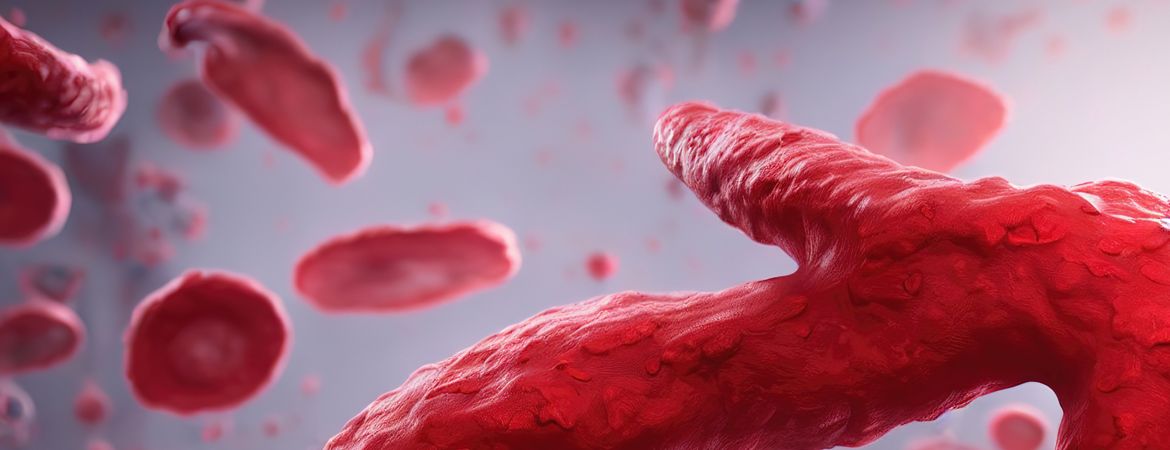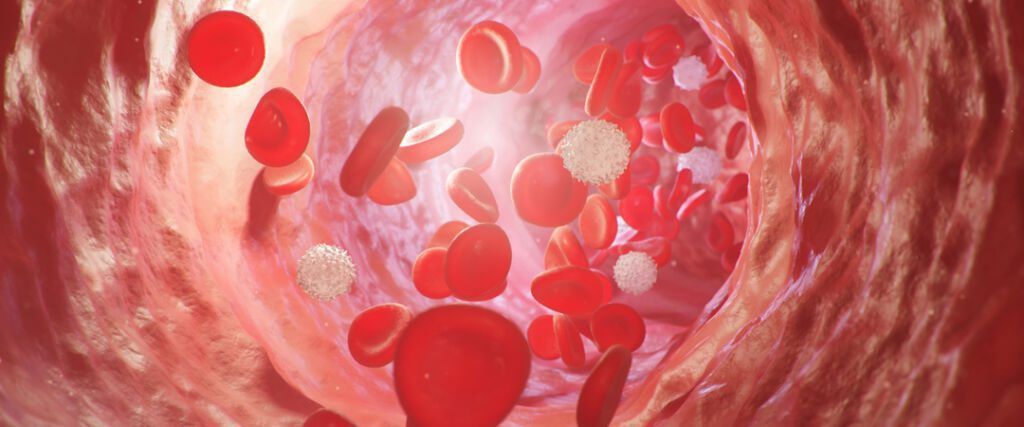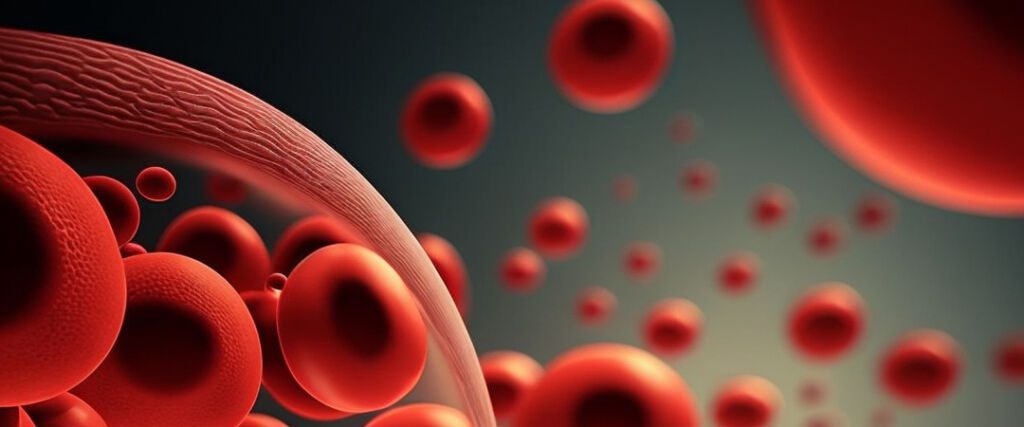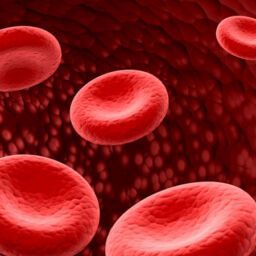
Blood cancer, also known as leukaemia, is a serious type of cancer that affects blood cells. There are several types of leukaemia, each with its own causes, symptoms and treatment options. In this article, we’ll explore these aspects to help you better understand the disease and the options available to blood cancer patients.
WHAT IS BLOOD CANCER?
Blood cancer, also known as leukaemia, is a serious disease that affects blood cells. It is characterised by an excessive and abnormal production of blood cells in the bone marrow. These abnormal cells multiply rapidly and prevent the normal production of healthy blood cells. This can lead to a reduction in red blood cells, white blood cells and platelets, which can cause a range of symptoms and complications. Blood cancers can affect people of all ages, but are more common in older adults. There are different types of leukaemia, such as acute lymphocytic leukaemia, chronic lymphocytic leukaemia, acute myeloid leukaemia and chronic myeloid leukaemia. Each type of leukaemia has its own characteristics and requires specific treatment.
THE CAUSES OF BLOOD CANCER:
The exact causes of blood cancer are not fully understood. However, some research suggests that genetic, environmental and lifestyle factors may play a role in the development of the disease. Genetic mutations can lead to abnormal blood cell growth, while exposure to toxic chemicals or radiation can also increase the risk of developing blood cancer. Certain pre-existing conditions, such as Down’s syndrome or certain immune system disorders can also increase the risk of developing blood cancer. It’s important to note that in many cases, the exact cause of blood cancer is still unknown.

BLOOD CANCER SYMPTOMS:
Blood cancer symptoms can vary depending on the type of leukaemia and the stage of the disease.
However, some common symptoms include persistent tiredness, weakness, frequent bleeding or bruising, frequent infections, unexplained weight loss, bone or joint pain, swollen lymph nodes and night sweats.
It’s important to see a doctor if you have any of these symptoms as they could be a sign of a serious health problem, such as blood cancer. Early diagnosis and appropriate treatment are essential to improve the chances of recovery and survival.
TREATMENT OPTIONS FOR BLOOD CANCERS
Treatment options for blood cancers depend on the type of leukaemia and the stage of the disease. Common treatments include chemotherapy, radiotherapy, stem cell transplantation and targeted drugs. Chemotherapy uses powerful drugs to destroy cancer cells. Radiotherapy uses radiation to kill cancer cells. Stem cell transplantation involves replacing affected blood cells with healthy stem cells. Targeted drugs are designed to specifically attack cancer cells without harming healthy cells. Your doctor will discuss the most appropriate treatment options for your particular case. It is important to follow the recommended treatment plan and to see your healthcare team regularly to monitor your health.

HOW TO PREVENT BLOOD CANCERS:
While there is no sure way to completely prevent blood cancer, there are some steps you can take to reduce your risk. It’s important to maintain a healthy lifestyle by taking regular exercise, eating a balanced diet and avoiding risky behaviours such as smoking and excessive alcohol consumption.
Vaccination against viral infections such as hepatitis B and human immunodeficiency virus (HIV) is also recommended, as these infections can increase the risk of developing certain forms of blood cancer.
Finally, it’s important to see your doctor regularly for screening tests and check-ups to detect any early signs of blood cancer.





